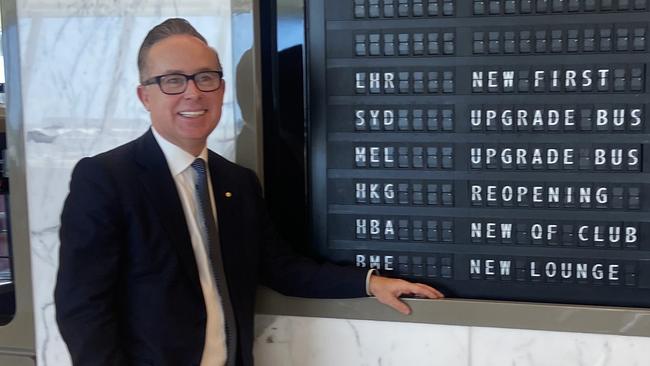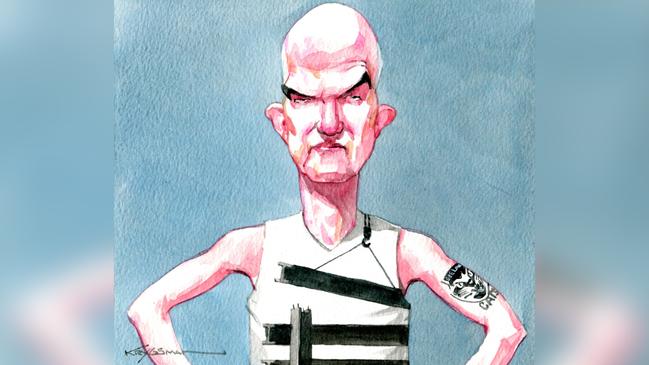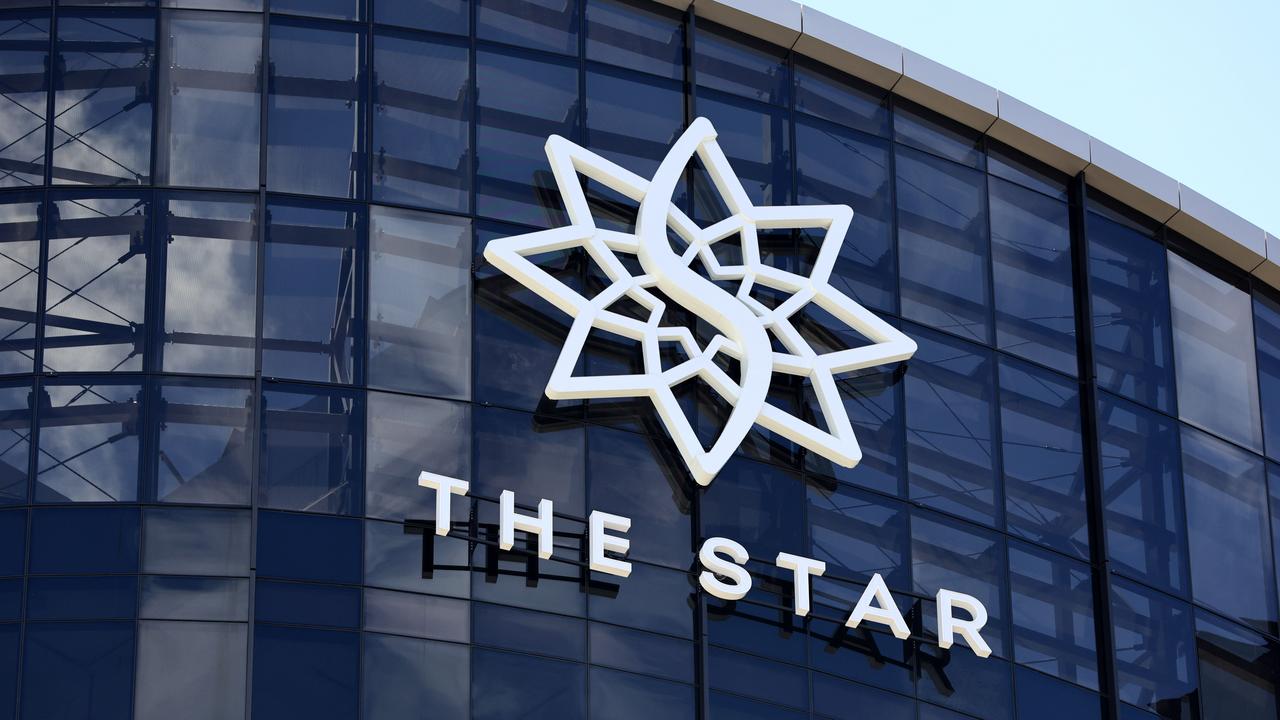
Governance is the key issue for the RBA and while a new monetary policy committee brings in fresh ideas, the concept of two boards is fundamentally dumb.
If board membership is the problem, change that, but which board is running the bank and its policies?
Early next month, three of the big four banking oligopoly will record top-of-the-cycle cash profits of around $12.2bn on $32.1bn in revenues, with profits up 11 per cent from year ago figures.
Separately, key non bank lender Resimac has, according to its broker communications, cut its recommended buffer for new loans from 300 basis points as recommended by APRA to 200 basis points – which of course opens the door to more loans but raises the risks.
The Australian household is already over leveraged and the door has opened to more.
This at a time when $400bn in fixed loans are being converted to variable loans and customers have slowed spending sharply because they are hurting financially.
Attempts to contact Resimac were unsuccessful.
Like the bank profits it’s not a good look. Clearly the profit forecasts will be appropriately subdued.
NAB is the top performer of the big three reporting, but Morgan Stanley’s forecast earnings of $4.2bn lag well behind CBA which returned $5.2bn in its first half.
It is forecasting $10.6bn in full-year earnings for CBA, $8.1bn for NAB, $7.6bn for ANZ and $7.5bn for Westpac, on revenues of $21.8bn against $21.3bn for ANZ.
The first-half earnings reflect margin expansion in the rising interest rate environment, continued strong economic growth, subdued bad debts and strong employment.
The rate hike cycle is close to stopping, costs are rising and bad debts will inevitably rise as the economy slows.
Returns on equity at CBA are a hefty 14.2 per cent, up from 12.7 per cent a year ago and forecast to fall to a still stellar 11.1 per cent next financial year.
NAB is equally strong at 11.7 per cent last year, 13.4 per cent this year and 11.1 per cent next year, while Westpac lags at 7.5 per cent last year, 10.7 per cent next and 9.2 per cent net year.
Governance starts at the top.
Governor Philip Lowe and his predecessor, Glenn Stevens, spent virtually their entire careers at the RBA – lifers are in some respects a positive but that doesn’t say much about diversity which most would say is crucial in a modern economy.
A monetary policy committee would help at the margin.
Of course a new expert committee doesn’t translate to getting everything right – based on the evidence in the UK, the US and Canada.
The deep-seated cultural issues are at the staff levels with dissenting opinions often ignored or shut up and is comprised by lifers who are born and bred in Sydney and hence tend to spend a lot of time thinking about property prices.
With Lowe gone it will be an extraordinarily tough job facing his successor to change the culture which clearly take time.
Meanwhile, the real economy is showing signs that increased costs are hurting.
The banks are reporting their own figures which show retail sales went backwards in March and April, and consumer spending is already down as mortgage holders get ready for the pain.
The banks of course en masse are glorified building societies operating in a market with little real competition which is another cultural problem facing the economy.
Cats’ stand setback
Geelong Football Club president Craig Drummond is revelling in the club’s on-field success with membership numbers up by some 22,000 to 72,000 this year but he has one hand tied behind his back due to delays in a new grandstand at his home ground, Kardinia Park.
A new 14,000-seat stand was due to be completed by this round against grand final apologists the Sydney Swans, but the Victorian government-backed project is now delayed for maybe another year.
The state government helped finance the $142m project to be built by Watpac using steel imported from and fabricated in Qatar.

The CFMEU refused to use the fabricated steel due to claimed shoddy welding.
Question why the Victorian government would finance a project using imported steel when Whyalla-based Infrabuild was available, but the end result is just 24,000 people will be able to watch Saturday’s blockbuster live.
The corporate rule of thumb says one of the key roles for a CEO is to prepare internal successors and the decision on who to fill the role is in the hands of the company chair.
AFL boss Gill McLachlan might argue internal favourite Andrew Dillon was his pick, so one year after publicly unveiling his departure why is there no decision?
That lies in the hands of AFL chair Richard Goyder who must also decide by year’s end who to take Alan Joyce’s job at Qantas.
Coming off the back of a decidedly messy changeover installing Meg O’Neill at Woodside, the AFL delays are not a good portend for the Qantas job.
Acquisition intervention
As Australia’s most practised exploiter of market power, Qantas boss Alan Joyce would have expected the ACCC to reject his $610m purchase of 80 per cent of Alliance Aviation.
Qantas argued low barriers to entry as to why he should have been allowed to extend his 75 per cent-plus market share dominance in the national aviation market.
Instead, just like Mike Schneider at Bunning, he has to realise if the barriers are as low as he claims, then he simply has to extend his own business to the regions rather than simply buying a regional carrier off the shelf.
That is what Schneider is doing with pet food supplies as opposed to Woolworths’ Brad Banducci who is trying to buy PETstock, which should also be opposed by the ACCC.
It is obviously harder work to build out your own empire rather than going to the shop and buying one.
Banducci also signed a circa $2m cheque to buy John Krnc’s IGA supermarket in Karabar just outside Canberra, but the ACCC is still mulling it over after an eight-month investigation and three delays to the timetable.
The deal is a classic creeping acquisition; on its own it might not mean much, especially as Aldi has made Canberra a competitive supermarket sector, but there are precedential issues involved.
The ACCC wants the law changed to make it easier to block these creeping acquisitions by demanding the dominant company justify the move, but here is a chance to apply the existing law and simply block the deal.
If the Canberra market is as competitive as claimed it’s a tougher decision but that’s why the ACCC is paid the big bucks.
If it lets the behemoth through on this one how does it explain to Treasury why more controls are needed?




The big Australian banks have prospered mightily under the present RBA and in practical terms the changes recommended to the central bank’s governance will have little impact on the bank operations or profits.